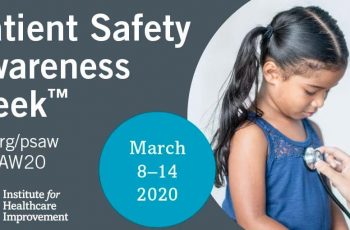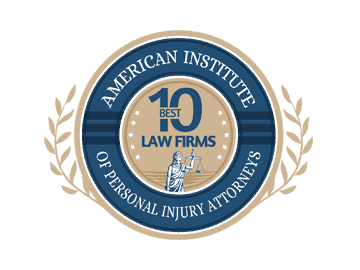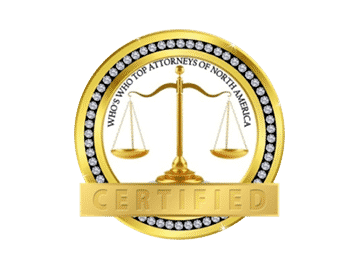Brain Injury Awareness Month
With Brain Injury Awareness Month coming to a close, it is important to continue advocating for the cause. Learning about brain injury, empowering survivors, and promoting the support that is available to them are all great ways to keep the momentum going all year long.
What is a Brain Injury?
Acquired brain injury (ABI) refers to an injury that isn’t hereditary, congenital, degenerative, or induced by birth trauma. It can be caused by oxygen deprivation, stroke, seizures, substance abuse, infectious diseases, or tumors. A traumatic brain injury (TBI) is a type of ABI that is caused by trauma to the brain from an external force.
How Common Are Brain Injuries?
In the United States alone, someone sustains a brain injury every nine seconds. One in 60 people live with a TBI-related disability. Annually, over 2.5 million people sustain a TBI but only 2.2 million are treated in trauma centers or emergency departments.
What is the cause?
Almost half of TBI cases are caused by falls. Other causes include motor vehicle accidents and assaults.
What are the symptoms?
Depending on a person’s age, the severity of the case, and medical history, symptoms of brain injury may differ from person to person. Typical symptoms include:
- Headaches
- Neck pain
- Lack of energy
- Blurry vision
- Nausea
- Sleep disruption
- Loss of coordination and balance
- Emotional changes
Can I prevent this?
You can lower your risk of brain injury by taking proper precautions in situations where you could potentially fall or be struck by an object. If you’re playing sports, remember to wear a helmet and avoid collisions. Be cautious of where you’re stepping and walk slowly, especially when there are slippery surfaces. When driving, be aware of bad weather and avoid any distractions on the road.
If you or a loved one has sustained a brain injury contact Rob Levine & Associates for a free consultation. Our experienced personal injury attorneys will help you understand your options and next steps. Our Fee Free Policy ensures that you do not pay unless we win your case for you.












